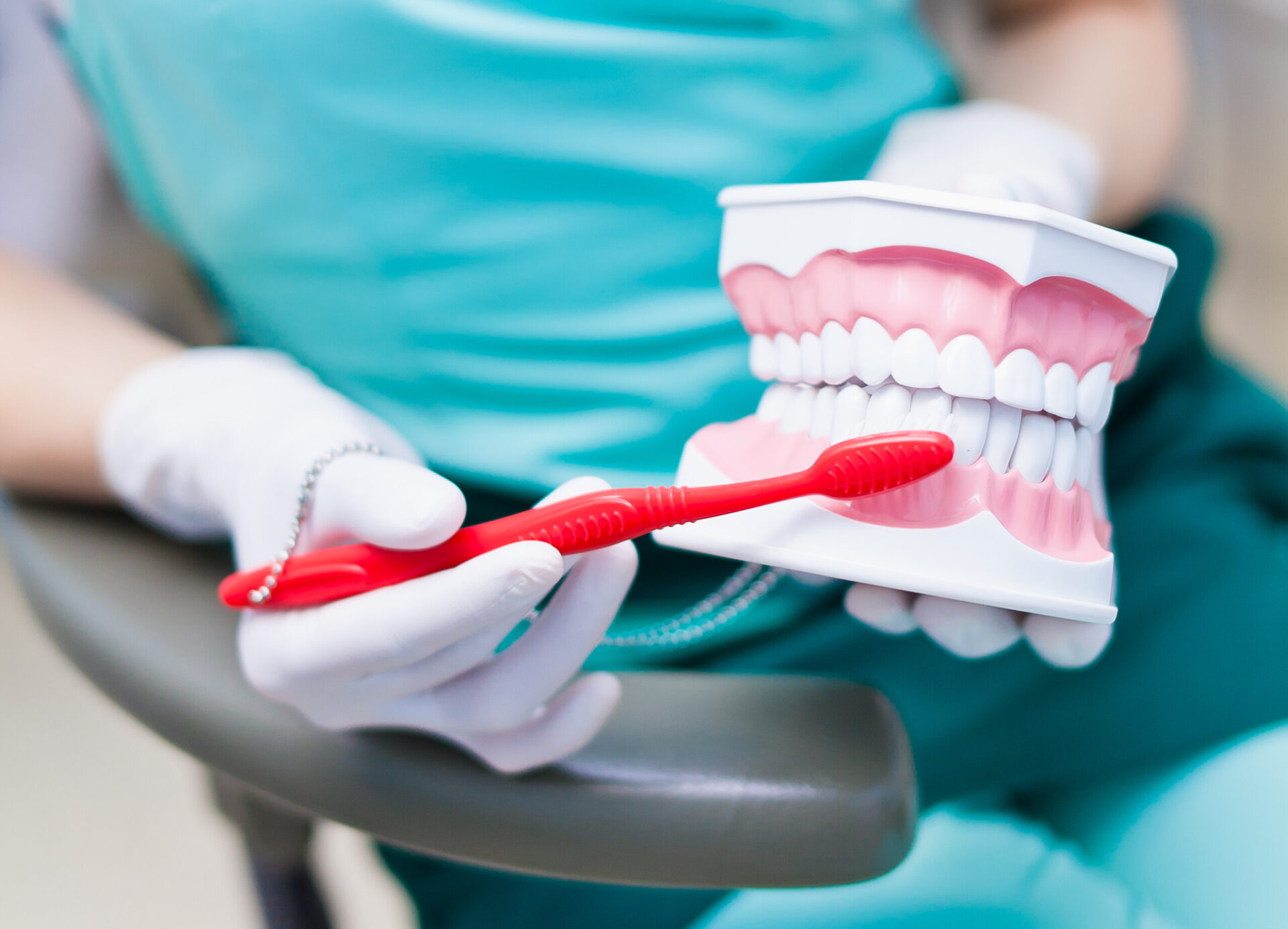For individuals who wear dentures, maintaining oral health is crucial. Among the common issues denture wearers face is candidiasis, a fungal infection that can lead to sore spots and discomfort. Understanding candidiasis, its relation to dentures, and how to prevent and treat it is essential for maintaining a healthy mouth.
What Is Candidiasis, And How Does It Relate To The Development Of Sore Spots In Denture Wearers?
Candidiasis, often known as oral thrush, is a fungal infection caused by the yeast Candida. It commonly occurs in the mouth and is characterized by white patches, redness, and soreness. This condition is especially prevalent in denture wearers due to the moist environment created between the denture and the oral mucosa, which can foster the growth of Candida.
The development of sore spots from dentures can be exacerbated by candidiasis. These sore spots are typically where the dentures rub against or pressure the gums, causing irritation, redness, and sometimes infection. These sore spots can become more painful and problematic when combined with candidiasis.
What Are The Common Symptoms And Risk Factors For Candidiasis And Denture-related Sore Spots, And How Can Individuals Prevent These Fungal Infections?
Symptoms of candidiasis include white patches inside the mouth, redness, soreness, a burning sensation, and, in severe cases, difficulty swallowing. Risk factors include:
- Poor denture hygiene.
- Wearing dentures continuously (especially overnight).
- A weakened immune system.
- Certain medical conditions like diabetes.
Maintaining good oral and denture hygiene is important to prevent candidiasis and sore spots. This includes regular cleaning of the dentures, giving the mouth a rest from dentures, particularly at night, and ensuring that dentures fit properly to avoid undue friction and pressure on the gums.
Are There Specific Oral Hygiene Practices Or Denture Care Routines That Can Help Individuals Avoid Candidiasis And Sore Spots, And What Should Be Done If They Occur?
Proper oral hygiene and denture care are key to avoiding candidiasis and sore spots. Here are some effective practices:
- Clean Dentures Daily: Brush your dentures with a soft-bristled brush and cleaner. Avoid using toothpaste as it can be abrasive to dentures.
- Soak Dentures Overnight: Remove dentures at night and soak them in a denture-cleaning solution. This not only cleans the dentures but also gives your gums a rest.
- Rinse After Meals: Rinse your mouth and dentures after meals to remove food particles.
- Regular Dental Checkups: Visit your dentist regularly to ensure that your dentures fit properly and get professional cleaning.
- Monitor for Changes: If you notice any symptoms of candidiasis or sore spots, adjust your denture care routine and consult a dentist if the symptoms persist.
What Are The Available Treatment Options For Candidiasis And Denture Sore Spots, And When Should Individuals Seek Professional Dental Assistance For These Conditions?
Treatment for candidiasis typically involves antifungal medications, which can be in the form of mouth rinses, lozenges, or tablets, depending on the severity of the infection. For denture sore spots, treatment may include adjusting the dentures for a better fit or using topical medications to heal the irritated areas.
It’s crucial to seek professional dental assistance if you experience persistent symptoms of candidiasis or if sore spots do not improve with routine care. Additionally, professional evaluation and treatment are necessary if you have difficulty eating or swallowing due to these conditions.
Candidiasis and denture sore spots can be uncomfortable and potentially harmful if left untreated. You can significantly reduce the risk of these issues by understanding the risk factors and symptoms and adopting proper oral hygiene and denture care routines. Regular dental visits ensure that your dentures fit well and your mouth remains healthy. Remember, taking proactive steps in caring for your dentures and oral health is key to a comfortable and healthy denture-wearing experience.
River District Smiles Dentistry: Your Trusted Partner for Dental Health
At River District Smiles Dentistry, we understand the unique challenges of wearing dentures, including the risk of candidiasis and denture sore spots. Our dedicated team of dental professionals is committed to providing comprehensive care and support to ensure the comfort and health of your mouth. Here’s why choosing us is a step towards a trouble-free denture experience.
Expert Care with a Personal Touch
Our approach at River District Smiles Dentistry combines advanced dental expertise with a personalized touch. We recognize that each patient’s needs are unique, especially for denture wearers. Our team is skilled in the latest dental practices and provides individualized care and attention.
We offer thorough examinations to assess the fit and condition of your dentures and provide professional cleanings to help prevent the build-up of harmful bacteria that can lead to candidiasis. Our dentists work closely with you to find solutions tailored to your needs, ensuring your dentures are comfortable and your oral health is maintained.
Your Go-To Dental Practice for Denture Care
Choosing River District Smiles Dentistry means entrusting your dental health to a team that genuinely cares about your well-being. We believe in building long-term relationships with our patients, guiding them through every step of their dental journey.
Whether you’re dealing with candidiasis, denture sore spots, or looking for routine dental care, our team has the knowledge, skills, and compassion to provide the best possible care. We prioritize your comfort and dental health, ensuring a pleasant experience at every visit.
Schedule Your Appointment Today
Don’t let the discomfort of candidiasis or denture sore spots affect your quality of life. Contact River District Smiles Dentistry today to schedule your appointment. Our friendly team is ready to provide you with the care and support you need for a healthy, comfortable smile. Remember, at River District Smiles Dentistry, we’re not just treating teeth – we’re caring for people.


